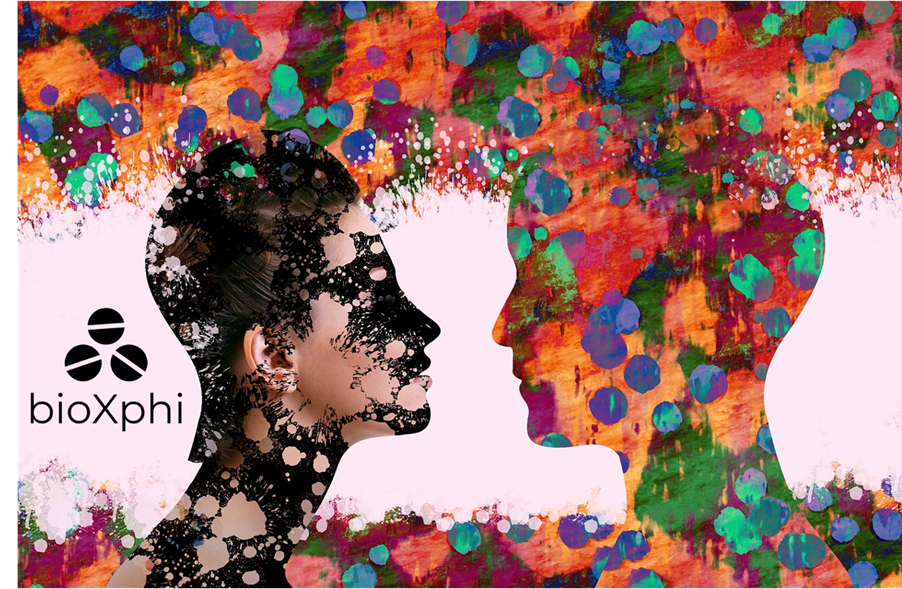Written by Joanna Demaree-Cotton
This last Michaelmas term marked the inaugural series of lab meetings for the Uehiro Centre’s BioXPhi lab (https://moralpsychlab.web.ox.ac.uk). Co-directed by myself and Dr. Brian Earp, the lab brings philosophers together with psychologists to conduct experimental studies in moral psychology and bioethics. Specifically, we investigate the contributing factors and psychological processes that shape:
- Moral intuitions, judgments and reasoning
- Moral agency, moral action and moral motivation
- The structure and application of (bio)ethical concepts
… with an eye to contributing to substantive normative and philosophical debates in ethics.
(What’s a “lab meeting”, you ask? Our lab meetings are where members of our lab come together with colleagues and collaborators to present and get feedback on ongoing research relevant to the experimental study of ethics.)
Just because people reason in a certain way about morality, that doesn’t mean that this is how we should reason about morality. People get things wrong all the time. Concepts can be incoherent. Reasoning can be flawed. Judgments can be biased and self-serving. Moral motivation can be weak. Moreover, people can often be ignorant or mistaken about many of the morally relevant details and nuances that apply to some particular situation, resulting in moral judgments that are simply ill-informed.
Yet, investigating ordinary moral psychology is invaluable for ethics and moral philosophy for a number of reasons (Earp, Demaree-Cotton et al., 2020; Earp, Lewis et al., 2021).
For a start, ethicists and philosophers are people too, with arguably very much the same underlying processes driving their moral intuitions about what is right and what is wrong.
So ethicists can sometimes unwittingly be biased in their own moral evaluations, just like everyone else (e.g. Tobia, Buckwalter and Stich, 2013). Moral psychology, therefore, can help shed light on which moral intuitions are biased or unreliable (Demaree-Cotton, 2016) – particularly if we find that our moral judgments are the product of an untrustworthy process (Demaree-Cotton, 2019). This can help us do moral philosophy more carefully, critically examining or revising questionable moral judgments.
Secondly, moral philosophers often examine the way our moral intuitions vary in response to specific, concrete cases – for example, the way that certain things just seem wrong while others do not, or the way that certain kinds of people seem culpable for their actions while others seem blameless.
By seeing how our moral intuitions respond to different cases, the idea is that this can help to shed light on the structure of moral values. And this can give us defeasible epistemic reasons for why we should embrace certain moral values and principles. After all, we want our best moral theories to be relevant to us.
But when we have a strong moral intuition – for example, that someone who had a terrible upbringing isn’t quite as blameworthy for their behaviour – it can very difficult to accurately introspect “from the armchair” exactly why we feel that way, making it difficult to figure out what the relevant factors or principles are (Daigle & Demaree-Cotton, 2022). The methods of experimental moral psychology can overcome the problem of trying to introspect these unconscious, automatic processes.
Thirdly, in practical ethics we make arguments about what we should and shouldn’t do in various situations. But moral advice is impotent unless it actually motivates people to do the right thing. Moral psychology can help us better understand when and why people are motivated to do the right thing, and why some kinds of moral advice or ethical campaigns fail to bring about moral change.
For example, running a public campaign aimed at encouraging ethical consent behaviours can backfire if the campaigners fail to grasp what the concept of “consent” means to people in the first place (Demaree-Cotton & Sommers, 2022), potentially resulting in substantial miscommunication between ethicists and the public. Moral psychology can help bridge the gaps between ethicists and the public, on the one hand, and between moral advice and moral motivation, on the other.
These are just some of the reasons we believe that interdisciplinary moral psychology is vitally important to ethics. Our first term of meetings involved discussion of a fascinating series of research projects at the intersection of ethics and psychology, including: questions about blame and punishment; the ethics of advance directives; the treatment-enhancement distinction; the psychology of charitable giving; the ethically-loaded concept of “medical necessity”; sexual consent; death determination; when we should rely on expert consensus; and how we react to and interact with AI.
We can’t wait to see where 2023 takes us in the investigation of the moral mind!

